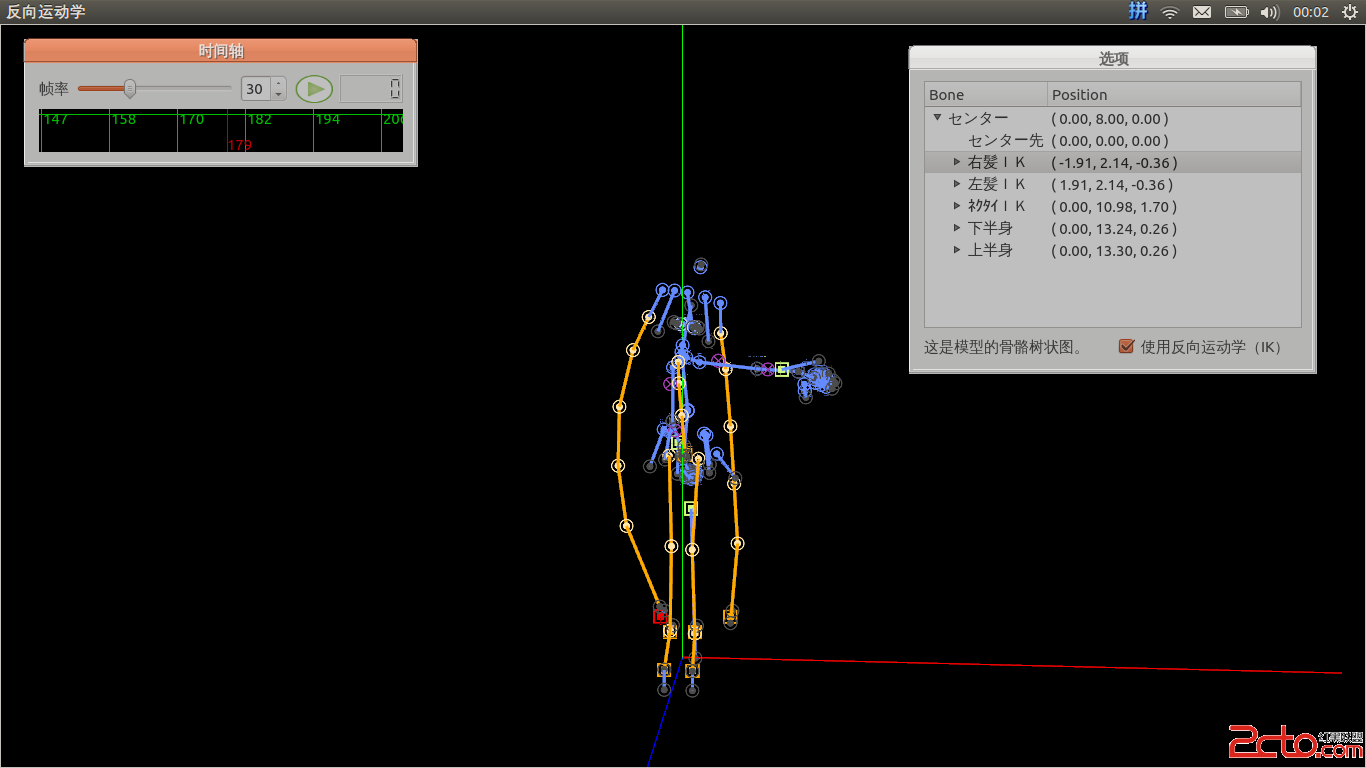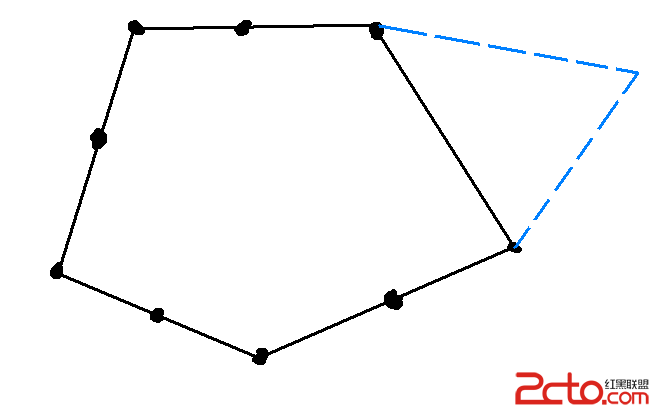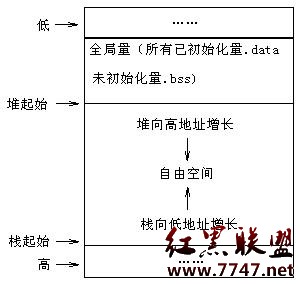HDU 2594 Simpsons’ Hidden Talents KMP
题意:给你两个字符串s1,s2,让你求一个最大长度的子串t,t是s1的前缀,并且是s2的后缀,输出t和t的长度,如果不存在,直接输出0.
1、直接求next
#include <iostream>
#include <cstdio>
#include <cstdlib>
#include <cmath>
#include <cstring>
#include <string>
#include <vector>
#include <list>
#include <deque>
#include <queue>
#include <iterator>
#include <stack>
#include <map>
#include <set>
#include <algorithm>
#include <cctype>
using namespace std;
typedef long long LL;
const int N=50005;
const LL II=100000000;
const int INF=0x3f3f3f3f;
const double PI=acos(-1.0);
int next[2*N],len;
char str[2*N],xh[N];
void getnext(char *p)
{
int j=0,k=-1;
next[0]=-1;
while(j<len)//len是p的长度
{
if(k==-1||p[j]==p[k])
{
j++; k++;
next[j]=k;
}
else
k=next[k];
}
}
int main()
{
int i,j,T;
while(scanf("%s%s",str,xh)!=EOF)
{
int len1=strlen(str),len2=strlen(xh);
len=len1+len2;
strcat(str,xh);
getnext(str);
while(next[len]>len1||next[len]>len2)
{
len=next[len];
}
str[next[len]]='\0';
if(next[len]==0)
printf("0\n");
else
printf("%s %d\n",str,next[len]);
}
return 0;
}
#include <iostream>
#include <cstdio>
#include <cstdlib>
#include <cmath>
#include <cstring>
#include <string>
#include <vector>
#include <list>
#include <deque>
#include <queue>
#include <iterator>
#include <stack>
#include <map>
#include <set>
#include <algorithm>
#include <cctype>
using namespace std;
typedef long long LL;
const int N=50005;
const LL II=100000000;
const int INF=0x3f3f3f3f;
const double PI=acos(-1.0);
int next[2*N],len;
char str[2*N],xh[N];
void getnext(char *p)
{
int j=0,k=-1;
next[0]=-1;
while(j<len)//len是p的长度
{
if(k==-1||p[j]==p[k])
{
j++; k++;
next[j]=k;
}
else
k=next[k];
}
}
int main()
{
int i,j,T;
while(scanf("%s%s",str,xh)!=EOF)
{
int len1=strlen(str),len2=strlen(xh);
len=len1+len2;
strcat(str,xh);
getnext(str);
while(next[len]>len1||next[len]>len2)
{
len=next[len];
}
str[next[len]]='\0';
if(next[len]==0)
printf("0\n");
else
printf("%s %d\n",str,next[len]);
}
return 0;
}
2、KMP匹配,将s1作为模式串,将s2作为主串,直接kmp
#include <cstdio>
#include <cstring>
using namespace std;
const int N = 50002;
char str1[N];
char str2[N];
int next[N];
void get_next(int len_1);
int kmp_search(int len_1, int len_2);
int main()
{
int len;
while(scanf("%s%s", str1, str2) != EOF)
{
int len_1 = strlen(str1);
int len_2 = strlen(str2);
get_next(len_1);
len = kmp_search(len_1, len_2);
if(len == 0)
{
printf("0\n");
}
else
{
for(int i = 0; i < len; i++)
{
printf("%c", str1[i]);
}
printf(" %d\n", len);
}
}
return 0;
}
void get_next(int len_1)
{
int i = 0;
int j = -1;
next[i] = -1;
while(i < len_1)
{
if(j == -1 || str1[j] == str1[i])
{
i++;
j++;
if(str1[i] == str1[j])
{
next[i] = next[j];
}
else
{
next[i] = j;
}
}
else
{
j = next[j];
}
}
}
int kmp_search(int len_1, int len_2)
{
int i = 0;
int j = 0;
while(i < len_2)
{
if(j == -1 || str1[j] == str2[i])
{
i++;
j++;
}
else
{
j = next[j];
}
}
if(j == -1)
{
return 0;
}
if(j == 0)
{
if(str1[0] == str2[len_2 - 1])
{
return 1;
}
else
{
return 0;
}
}
else
{
return j;
}
}
#include <cstdio>
#include <cstring>
using namespace std;
const int N = 50002;
char str1[N];
char str2[N];
int next[N];
void get_next(int len_1);
int kmp_search(int len_1, int len_2);
int main()
{
int len;
while(scanf("%s%s", str1, str2) != EOF)
{
int len_1 = strlen(str1);
int len_2 = strlen(str2);
get_next(len_1);
len = kmp_search(len_1, len_2);
if(len == 0)
{
printf("0\n");
}
else
{
for(int i = 0; i < len; i++)
{
printf("%c", str1[i]);
}
printf(" %d\n", len);
}
}
return 0;
}
void get_next(int len_1)
{
int i = 0;
int j = -1;
next[i] = -1;
while(i < len_1)
{
if(j == -1 || str1[j] == str1[i])
{
i++;
j++;
if(str1[i] == str1[j])
{
next[i] = next[j];
}
else
{
next[i] = j;
}
}
else
{
j = next[j];
}
}
}
int kmp_search(int len_1, int len_2)
{
int i = 0;
int j = 0;
while(i < len_2)
{
if(j == -1 || str1[j] == str2[i])
{
i++;
j++;
}
else
{
j = next[j];
}
}
if(j == -1)
{
return 0;
}
if(j == 0)
{
if(str1[0] == str2[len_2 - 1])
{
return 1;
}
else
{
return 0;
}
}
else
{
return j;
}
}
补充:软件开发 , C++ ,




